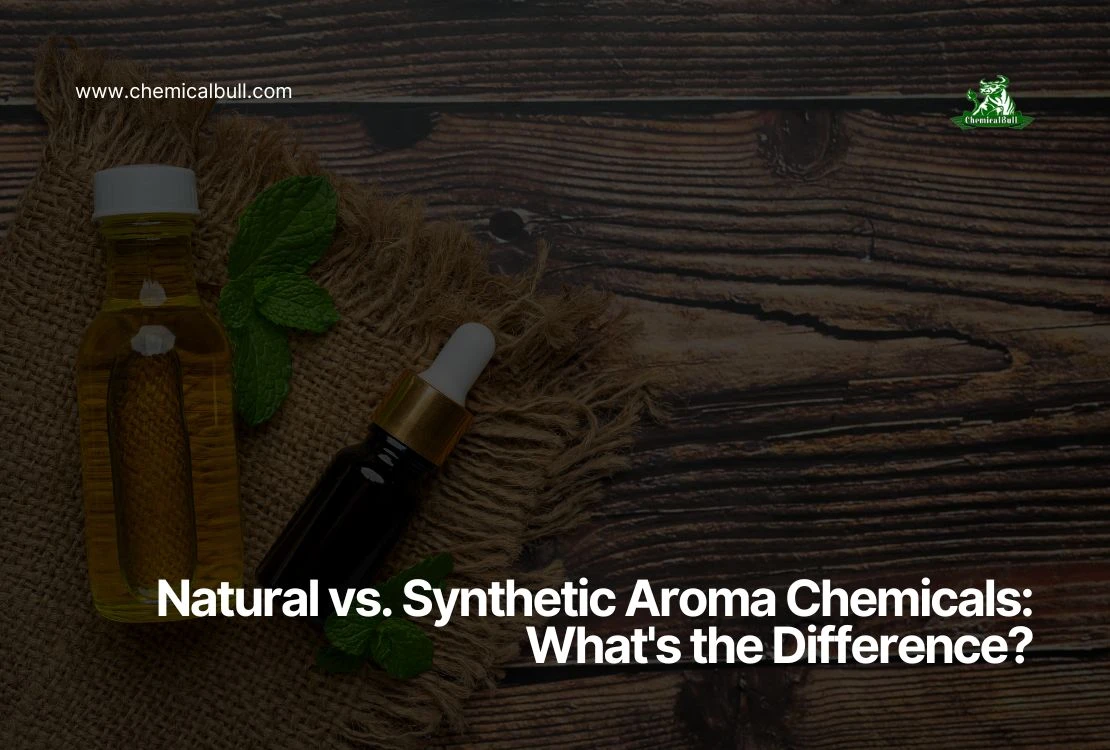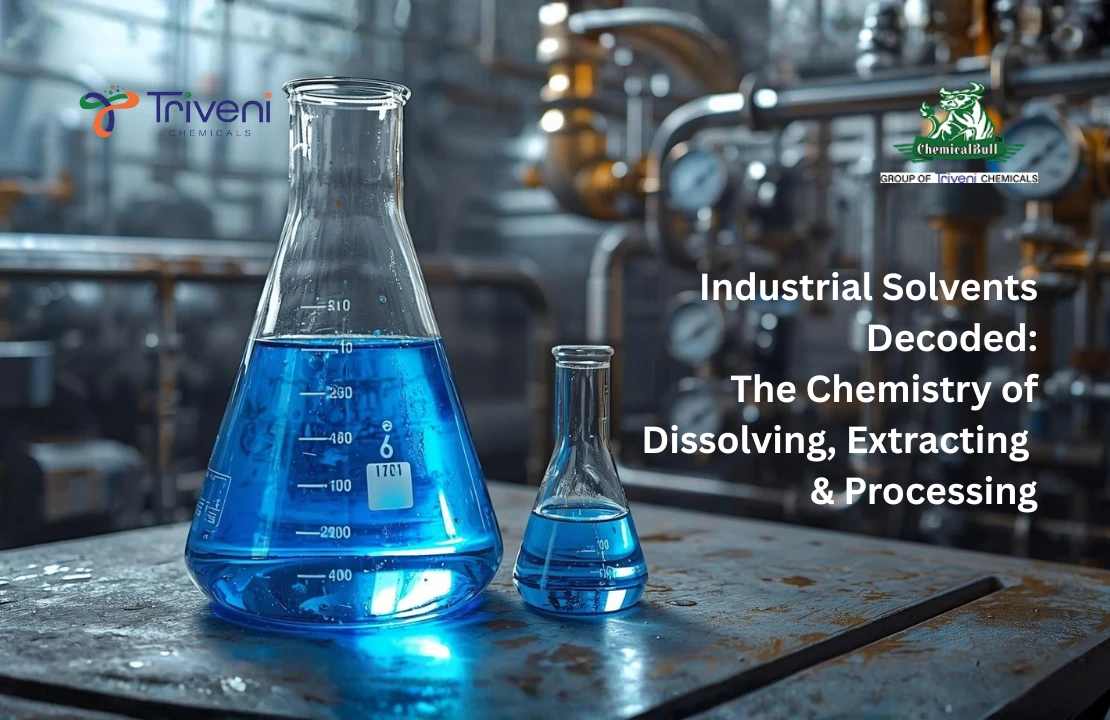Natural Vs. Synthetic Aroma Chemicals: What's The Difference?
The different aroma chemicals that exist in the market are essential in many industries, such as the manufacture of perfumes, food, and detergents. The illustrations given below are the aroma compounds that make up many of the scents that consumers experience. But what does this mean when we are talking of natural aroma chemicals as compared to synthetic aroma chemicals? To better understand how these types work, let’s look at the benefits and drawbacks of each type as well as their relevance in the fragrance industry.
What Exactly Are Aroma Chemicals?
Flavour and fragrance ingredients are chemicals with particular stimulating properties or smells. They are the molecules that form the basic structure of body-scent compositions in perfumes, in edible products, and in cleaning compounds. Incredibly useful for the fragrance industry, aromatic chemicals help producers create optimal, preferred fragrances while ensuring that they maintain the correct perfumes.
Natural Aroma Chemicals
Natural aroma chemicals can also be termed bioactive chemicals since they are sourced from plants, flowers or fruits. Some examples include linalool, citral, and vanillin, which are obtained, for instance, through distillation or solvent extraction.
Benefits of natural aroma chemicals
- Sustainability: They are also from renewable sources, which makes them environmentally friendly.
- Authentic Scents: Constituents of natural origin provide dense, true-to-type fragrances.
- Eco-conscious Appeal: Ideal for Companies that have an interest in their products being taken by environmentally conscious consumers.
Manufacturers of aroma chemicals carry the responsibility of sourcing and manufacturing these natural products while at the same time preserving the quality of the compounds.
Synthetic Aroma Chemicals
These are man-made molecules contrived in industries and may be imitations of several existing compounds or novel scents. Some examples include ethyl vanillin and isoamyl acetate, which are popular with their cost efficiency and stability.
Benefits of synthetic aroma chemicals
- Cost-Effectiveness: Less expensive when compared to their natural counterparts.
- Consistency: Laboratory production makes possible the attainment of consistent quality and effectiveness in products.
- Scalability: Very versatile and can be produced to feed the international market.
Specialty chemical makers provide fragrance and flavour industries around the world with these lab-synthesized aroma chemicals.
Key Differences Between Natural and Synthetic Aroma Chemicals
- Source: Natural flavoring substances are obtained from plants directly or extracted from plant materials, while synthetic are chemically produced.
- Cost and Production: The synthesis of these chemicals is cheaper and can be done quickly in large quantities, while natural products are time-consuming to produce.
- Sustainability: Natural chemicals tend to be environment-friendly, and synthesis ones, on the other hand, help to decrease the pressure on natural resources.
- Performance: Most synthetic aroma chemicals are longer lasting and more uniform in intensity than natural ones, a factor highly suitable for bulk-produced products.
Which is Better? Natural or Synthetic Aroma Chemicals?
Natural aroma chemicals and synthetic aroma chemicals are not different from one another in that both have advantages. Natural compounds are preferable for luxury, environmentally friendly products, and synthetic compounds work well for affordable, efficiently reproduced goods. This usually depends on the customer's needs, between consumer preferences and needs for specific products.
The Future of Aroma Chemicals: Trends and Innovations
The contemporary fragrance industry is quickly shifting with a concentration on the necessity for sustainability alongside innovation. Biotechnology is applied in aroma chemicals production to develop natural green additives, and aroma chemicals suppliers are using new synthetic methods with minimal harm to the environment. This progress will pave the way for a sustainable future for the fragrance and flavour industries.
Conclusion
Natural or synthetic aroma chemicals are the foundation of fragrant notes for any product, including flavours. All have their role to play in the food industry depending on their ability to meet requirements such as cost and sustainability or simply overall performance.
If you are searching for manufacturers of aroma chemicals, then find the most qualitative aroma chemicals manufacturers and suppliers online today. Actively engage aroma chemicals manufacturers who have a stellar reputation in the fragrance and flavour market industry.







